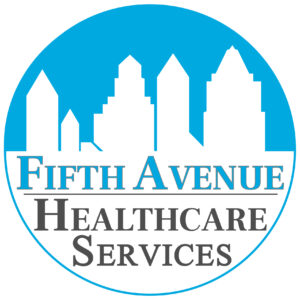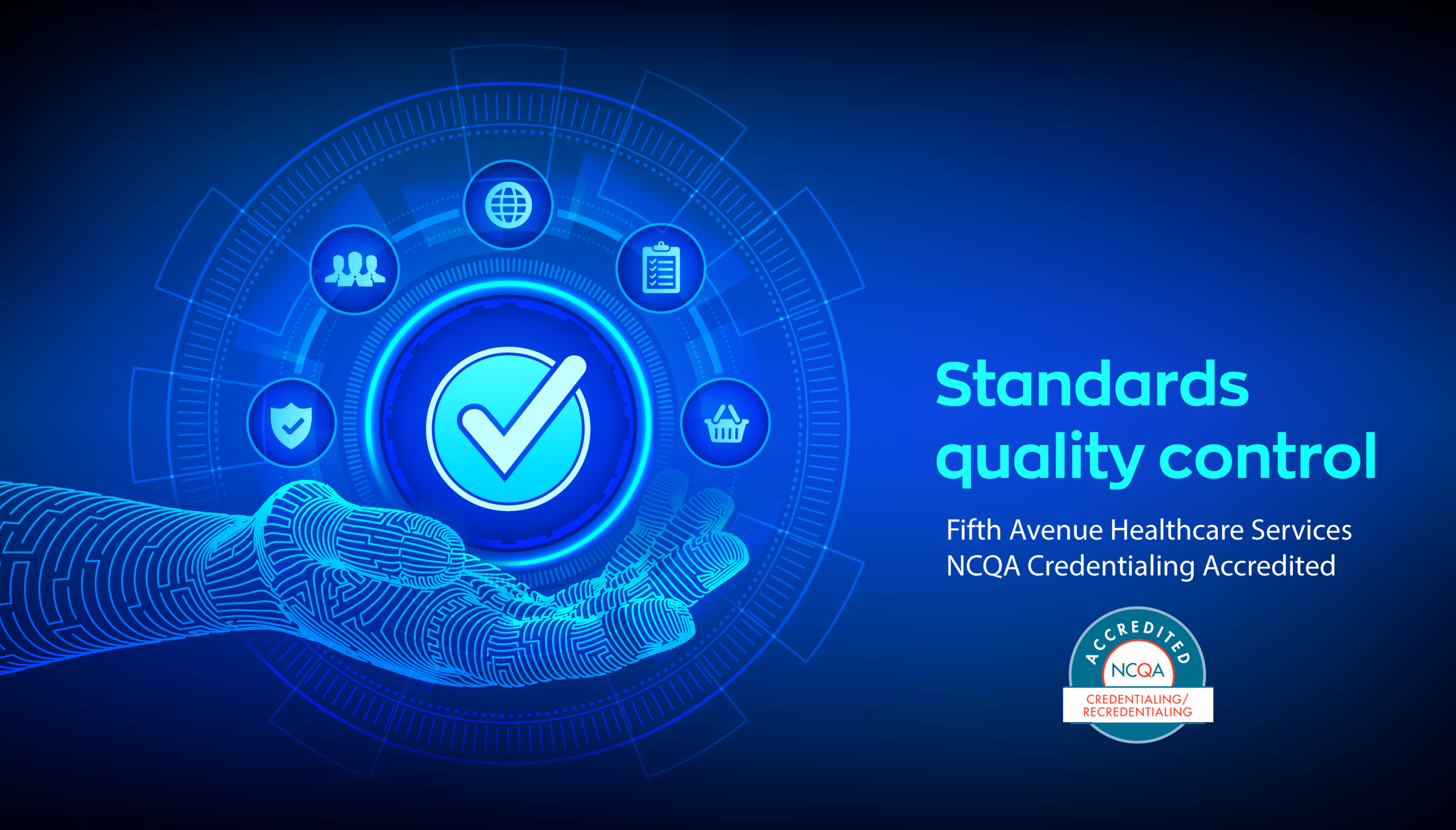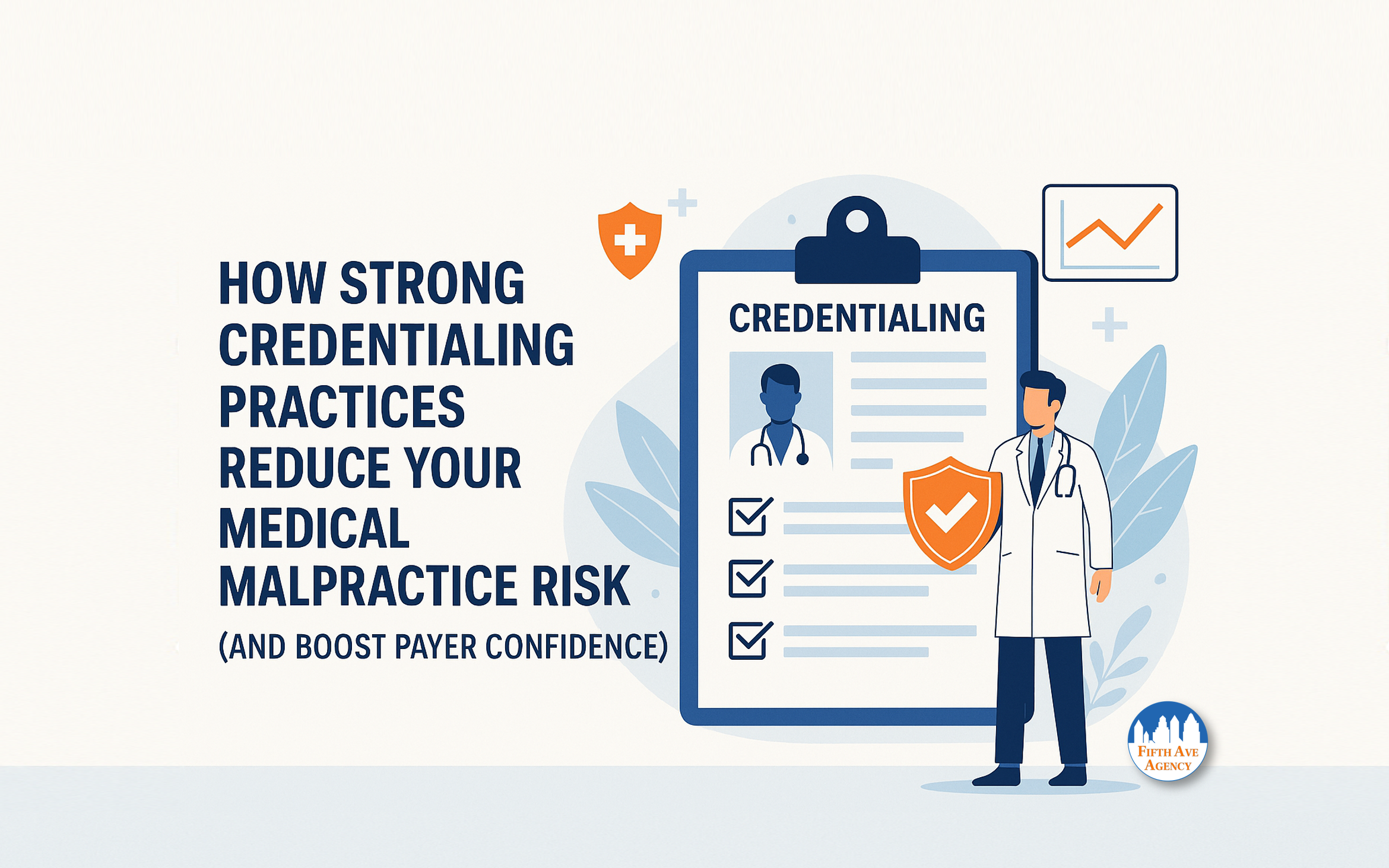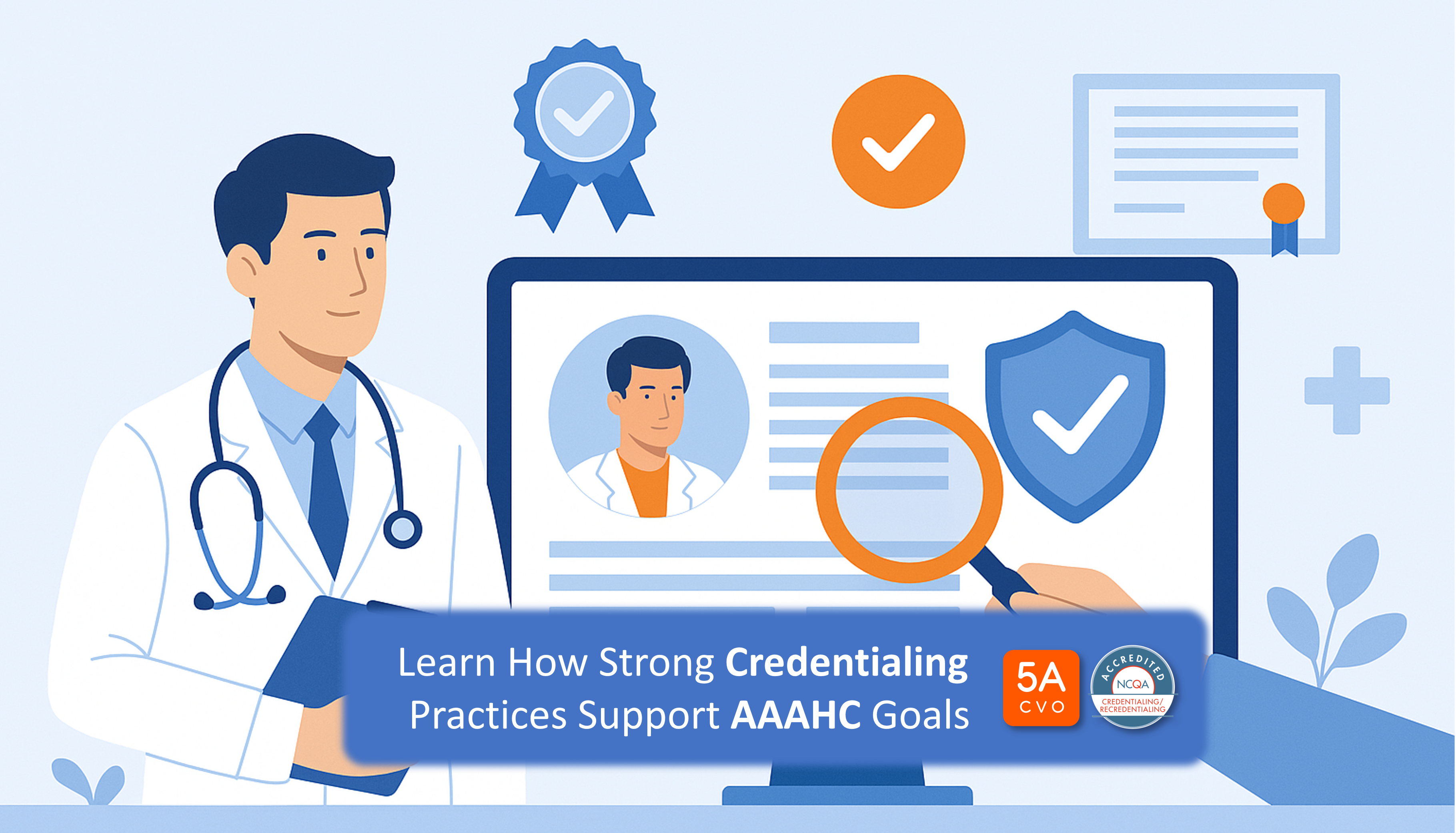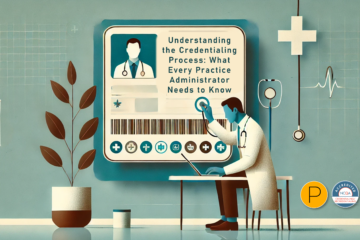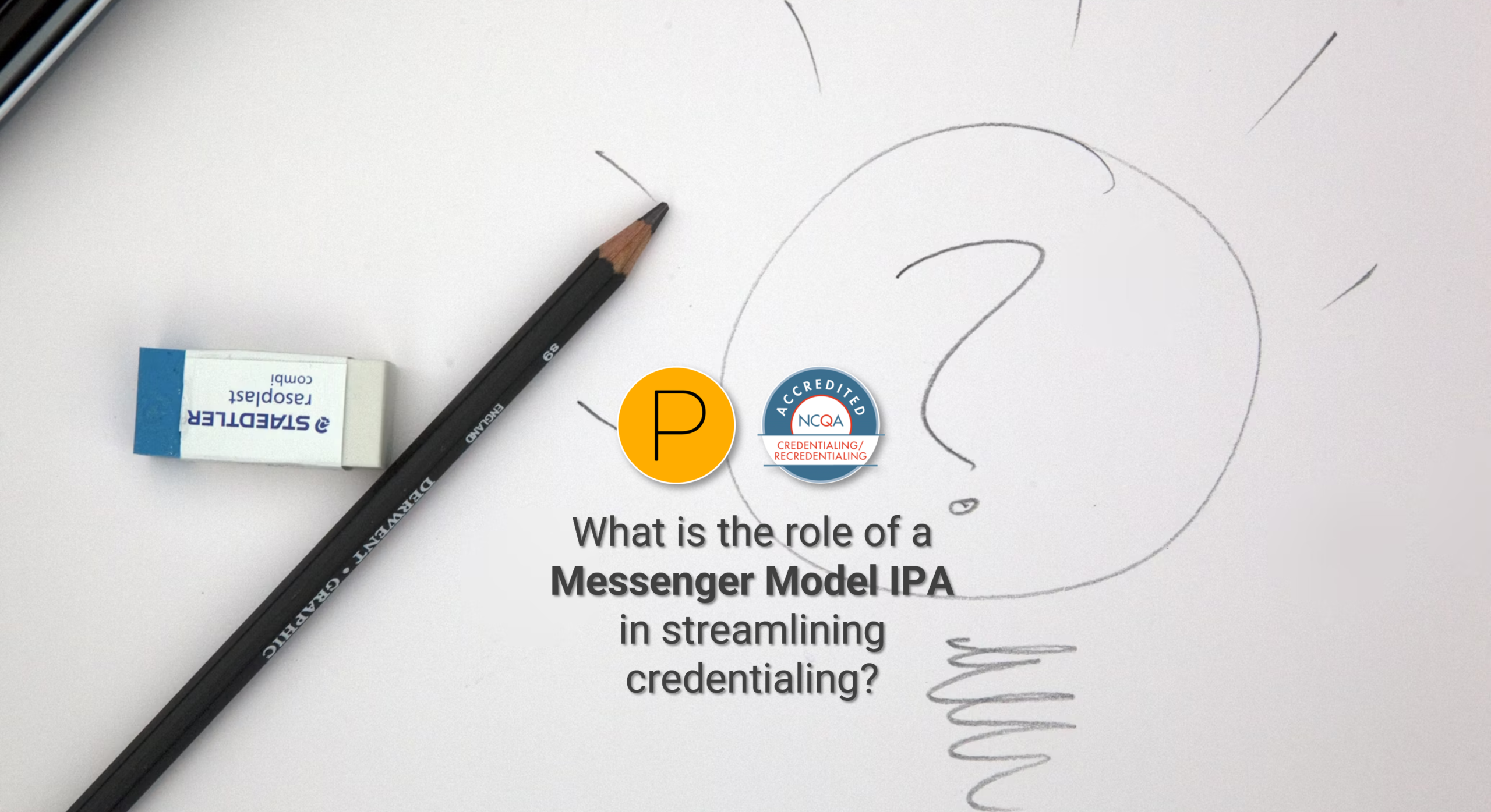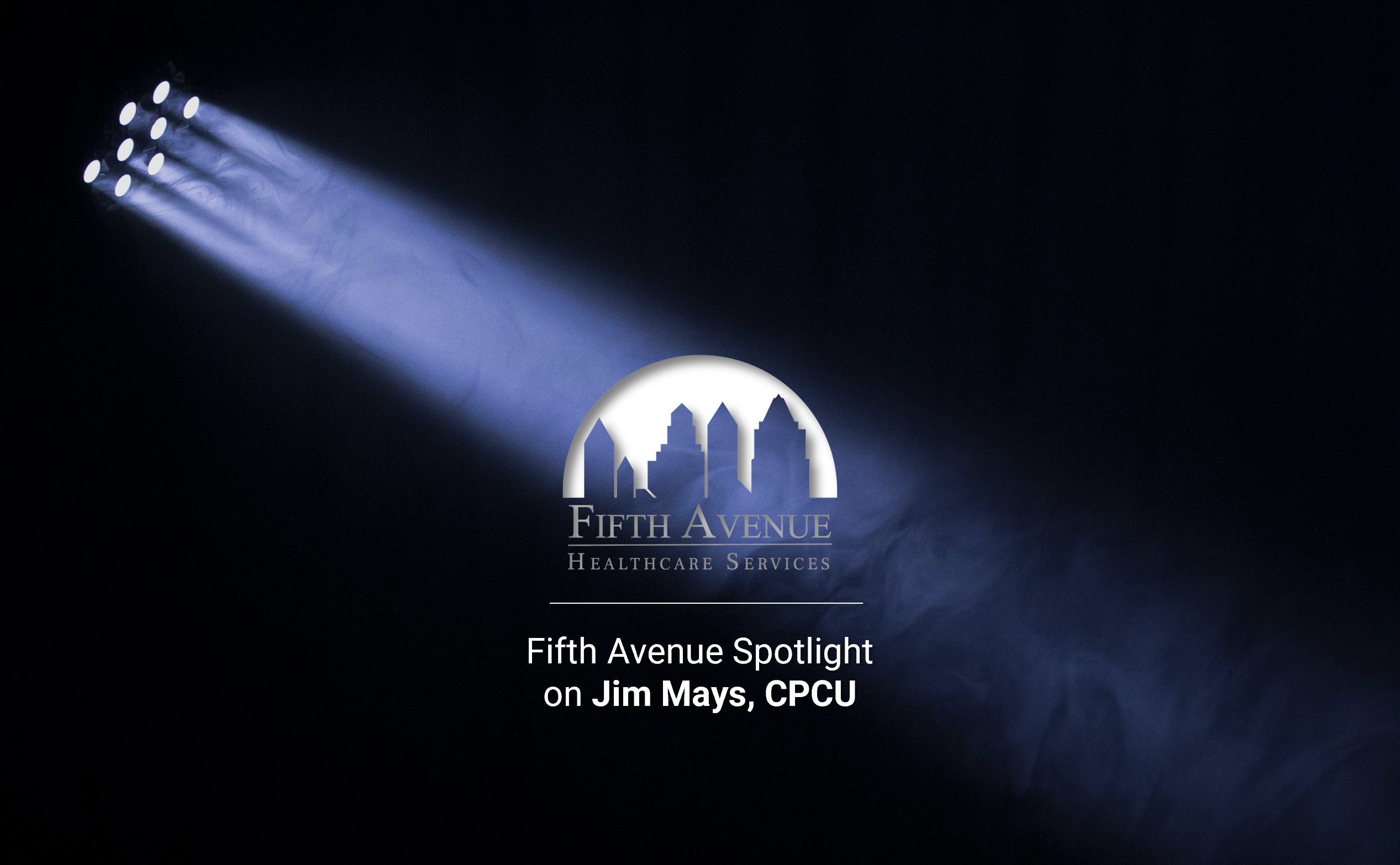The National Committee for Quality Assurance (NCQA) is a private, nonprofit organization dedicated to improving healthcare quality. Using science as a benchmark, NCQA points the way by studying how well health plans and physicians provide care. As the largest accreditor of health plans, NCQA identifies organizations that seek to improve the industry as a whole.
NCQA standards seek to create lower costs and a better patient experience. Government and private sector clients use NCQA to help them measure and improve quality to help millions of people stay healthy every year. The NCQA Credentialing Accreditation bolsters the measurement, transparency, and accountability each credentialed organization must display to drive high-quality health care.
NCQA’s four-step process includes the following:
- measuring data,
- analyzing results,
- improving areas of concern, and
- repeating the process.
This four-step process is its core model. By releasing its findings to the public and thus making organizations accountable for their actions, everyone knows what health plans, physicians, and practices to trust.
NCQA’s Healthcare Effectiveness Data and Information Set (HEDIS®) is the most widely used performance measurement tool in health care. NCQA’s website provides consumers with information to help them make more informed healthcare choices. The nonprofit’s blog is an indispensable resource covering many topics about delivering health care, patient engagement, and more.
Although NCQA believes in improving care by doing things “the right way, at the right time, every time,” the nonprofit constantly looks forward. As technology evolves, so do NCQA’s tools to help the industry be the best it can be. NCQA’s products and programs are poised to support digital healthcare quality. The nonprofit recently launched a Digital Quality Solutions pilot program to expand how digital data can foster higher quality and the most favorable results. With digital health care exploding, NCQA recognizes the importance of keeping up with the times. They are employing technological solutions and pressing the need to educate medical organizations and the public on using these tools best.
Technology can work wonders if people know how to leverage it. NCQA also wants to promote educating people on how to use digital health data. Pulling essential data from multiple digital sources is a challenge that can be overcome by applying NCQA standards. However, the entire industry has to pull together and get on the same electronic page. NCQA standards should bring everyone up-to-date.
NCQA’s adaptability to sudden shifts in care is evident after the COVID-19 public health emergency. The industry had to reevaluate how it functions to maintain proper patient care quickly. NCQA’s reporting of an initiative of digital healthcare quality innovations created from lessons learned from the pandemic is a potential boon to help optimize healthcare’s best practices.
By setting guidelines that dictate health care’s present and future states, the National Committee for Quality Assurance’s value is not self-serving. The organization strives to improve the quality of life for everyone in all communities. NCQA’s value extends to credentialing accreditation, strengthening the medical industry’s foundation.
Quick Credentialing Overview
Credentialing is essential for every healthcare provider who wants to practice medicine and be enrolled in a health plan or network option. Insurance companies will not cover negligent medical professionals who could save them money in claims and lawsuits. Credentialing can weed out unsuitable providers for treating patients and protect insurance companies, medical organizations, and patients.
Credentialing is a crucial component of the healthcare system. Providers must be deemed capable of administering care on a particular level of quality.
Conventional credentialing is a complex 52-step process that includes the following:
- Sending, tracking, and receiving the provider application packet.
- Reviewing the disclosure’s questions and answers.
- Evaluating the explanations of time gaps and claims history.
- Assessing medical malpractice claims history.
- Authenticating medical school internship, residency, fellowship, and affiliations.
- Researching primary and out-of-state licenses for disciplinary actions.
Any Credentials Verification Organization (CVO) can claim to verify providers’ qualifications. However, doing so, according to NCQA credentialing standards, legitimizes authenticity. CVOs seeking credentialing accreditation can find value in what NCQA offers the industry: standardized guidelines that help organizations apply superior credentialing practices to protect patients and the medical industry’s reputation.
How to Receive NCQA Credentialing Accreditation
NCQA Eligibility
Eligible organizations are those that provide credentialing services that include:
- Verifying healthcare provider credentials through a primary source or a contracted agent of the primary source.
- Reviewing provider credentials and making credentialing recommendations via a committee.
- Monitoring provider sanctions, complaints, and quality issues between re-credentialing cycles.
In addition, credentialing organizations must meet the following criteria:
- must not be licensed as an HMO (health maintenance organization), POS (point of service), PPO (preferred provider organization), or EPO (exclusive provider organization),
- must not be eligible for NCQA Accreditation as a health plan or an MBHO (managed behavioral health organization),
- must perform credentialing functions directly or via a contractual agreement, and
- must perform credentialing tasks for at least 50% of the practitioner network.
NCQA Evaluation
NCQA assesses CVOs’ policies and procedures to ensure they abide by the NCQA’s level of quality. Organizations must meet a certain number of elements across several areas. The NCQA credentialing checklist of evaluated factors includes:
NCQA and the types of credentialed practitioners
An organization’s credentialing policies and procedures must include medical and behavioral healthcare practitioners like medical doctors, oral surgeons, nurse practitioners, addiction medicine specialists, doctoral or master’s-level psychologists, and master’s-level clinical social workers.
NCQA Verification sources
Organizations must use a primary source, a contracted agent of the primary source, or an NCQA-accepted source listed for the credential.
NCQA and the organization’s decision-making criteria and process
The organization must credential practitioners before they provide care to patients, have a process for making credentialing decisions, and determine which practitioners can participate in a network. NCQA will also evaluate the credentialing committee’s credentials and if the committee consists of practitioners who practice in the applicant’s field of specialty. The credentialing committee’s review process is also examined.
NCQA and the organization’s level of confidentiality
This section includes the procedures that keep data confidential. Organizations are assessed on their methods of receiving, storing, reviewing, and tracking credentialing information. They are also evaluated on how well they identify and manage system security control risks. Additionally, they must demonstrate how they limit physical access to their data.
NCQA Nondiscriminatory credentialing procedures
The organization will be scored on how well they monitor credentialing decisions so they can prevent discrimination. Proper monitoring practices include auditing files that suggest occurrences of discrimination.
NCQA Policies dealing with discrepancies in credentialing information
NCQA will measure the organization’s procedures for notifying practitioners when data obtained from external sources differs from previously-submitted information.
NCQA Notification policies and procedures
The organization is graded on how they notify practitioners about their rights to review the information submitted to support their credentialing application, correct incorrect information, and receive the status of their credentialing application upon request. Policies should include giving practitioners enough time to correct errors and providing timely communications about credentialing decisions.
NCQA Modification policies
This section includes tracking any modifications to credentialing information and noting the modification’s date and who edited the report.
NCQA Verification timeliness
CVOs are expected to verify a practitioner’s information in a reasonable time.
NCQA and the credentialing application
Applications should include vital information like a history of loss of license, felony convictions, disciplinary actions, and current malpractice insurance coverage.
NCQA Monitoring abilities
CVOs are scored on their ability to identify and act on critical quality issues in the time between formal credentialing. This includes occasionally reviewing Medicare and Medicaid sanctions, complaints, and information about adverse events.
NCQA and the appeal processes
NCQA looks at organizations’ appeal processes should providers not meet current standards. Providers must be made aware that they can appeal decisions.
NCQA Preparation and Scoring
The typical evaluation period is 12 months from application submission to decision. Organizations can take longer if they are not prepared.
NCQA offers organizations several resources to assist with evaluation. A handy survey tool and the accompanying book helps explain NCQA guidelines and how organizations can meet the standards. The survey tool can help organizations calculate their potential survey score. In addition, NCQA offers online and on-demand training opportunities. These resources further exhibit NCQA’s devotion to improving health care on the credentialing front. Organizations undergoing evaluation must present their documentation to NCQA.
The NCQA scores credentialing organizations by determining if they meet several factors. In some sections, organizations must meet all of the elements.
What NCQA Credentialing Accreditation Means
A company NCQA accredited in credentialing has shown proficiency in promptly and accurately credentialing providers. Speed is critical when activating the billing process. The sooner a provider is credentialed, the sooner they can enroll in health plans and network options. To drive revenue to their practice, it is in a provider’s best interests to begin the billing process as quickly as possible. An organization that NCQA accredited in credentialing can usually be depended on to allow providers to get to work quickly because it follows some of the industry’s best standards.
NCQA Credentialing Accreditation means that the caliber of the CVO’s credentialing process is first-class. Providers can receive the most effective, stress-free service. Medical organizations can get the most qualified providers. Patients can obtain the best possible care. Accreditation can help credentialing organizations:
Deliver optimal credentialing
Precision and punctuality empower qualified providers to begin treating patients and begin billing sooner rather than later.
Follow state requirements
Operating within regulations helps ensure fairness to all providers. Not meeting state requirements could delay credentialing, impacting providers and the CVOs’ business.
Grow revenue
Accredited organizations can tout their statuses to attract new customers, providing proof that supports their claims of excellence.
Exhibit their programs’ qualities to health plans
Not only can NCQA Credentialing Accreditation appeal to potential customers, but the coveted position can appeal to health plans and networks concerning contracting. Plans might favor companies with delegated agreements that benefit companies and their members.
NCQA Credentialing Accreditation and Fifth Avenue Healthcare Services
Fifth Avenue Healthcare Services and its affiliated brands, including 5ACVO and Primoris Credentialing Network, are accredited by NCQA in Credentialing.
NCQA President Margaret E. O’Kane states, “Achieving NCQA Credentialing Accreditation demonstrates that Fifth Avenue Healthcare Services has the systems, process, and personnel in place to conduct credentialing in accordance with the strictest quality standards.”
Fifth Avenue Healthcare Services is one of nearly 90 companies in the United States that have earned NCQA Credentialing Accreditation. Not every credentialing organization can implement the policies, procedures, and processes considered among the industry’s best. Since NCQA Credentialing Accreditation does not last forever, fewer organizations can keep up with the rigorous guidelines. We are accredited for three years, with our following review in 2024.
Partnering with an organization that has acquired NCQA Credentialing Accreditation provides benefits. We also recognize that this status does not permit us to quit upholding NCQA standards and our own. We continue to use our 385+ years of industry experience to strive for consistency, efficiency, and excellence. Our smarter, simpler, and better methods can make providers feel confident that their credentialing is performed by a team of experts adhering to the highest possible standards.
A Valuable Conclusion
Credentialing is more than an obligation. It promises patients that they can trust the people who care for them. Without this bond, patients might not get the treatment they require when they need it and continue to suffer.
NCQA Credentialing Accreditation stands for patient protection. Without NCQA Credentialing Accredited companies like Fifth Avenue Healthcare Services, incompetent providers would have free reign to harm anyone who needs medical treatment. In addition, qualified providers would have to wait longer before they can start billing. NCQA sets up the framework that holds up the healthcare industry at every significant angle.
More information about Fifth Avenue Healthcare Services
Fifth Avenue Healthcare Services is an NCQA Credentialing Accredited family of healthcare companies. Sister companies include 5ACVO (credentialing and primary source verification specialists), Fifth Avenue Agency (MPLI and medical malpractice insurance specialists), and Primoris Credentialing Network (credentialing and provider enrollment specialists with 54+ health plan and network provider enrollment options).
Fifth Avenue Healthcare Services originally published this article here. For more information on Fifth Avenue Healthcare Services, please visit FifthAvenueHealthcareService.com or Contact Us.

